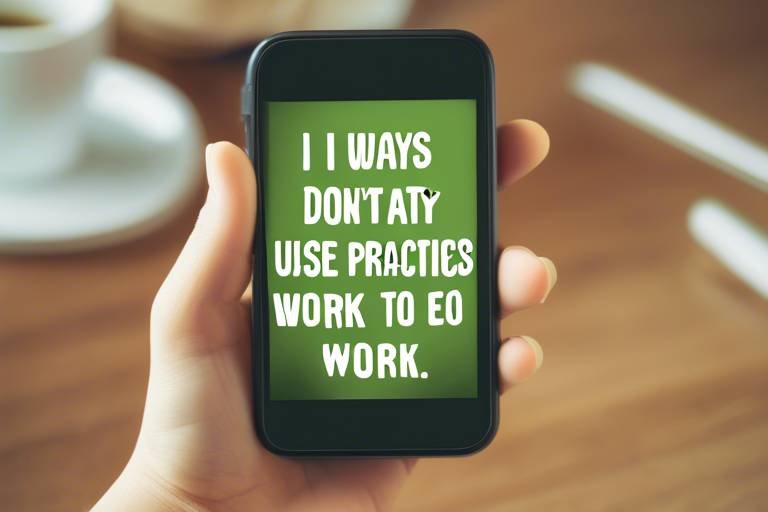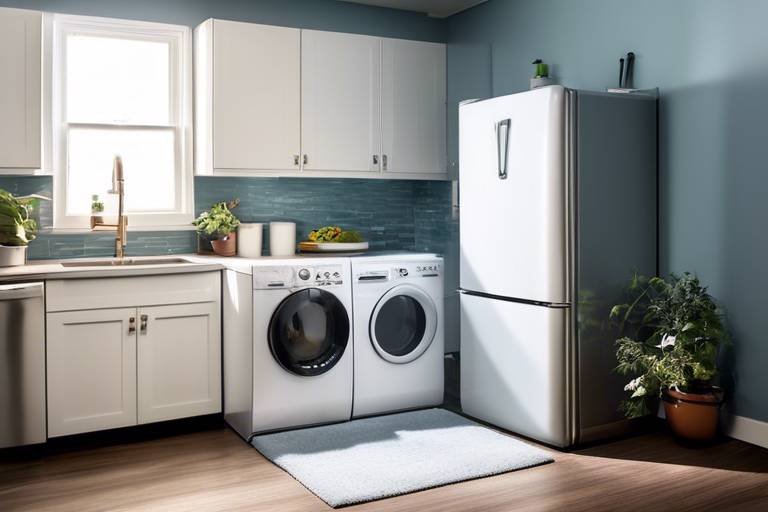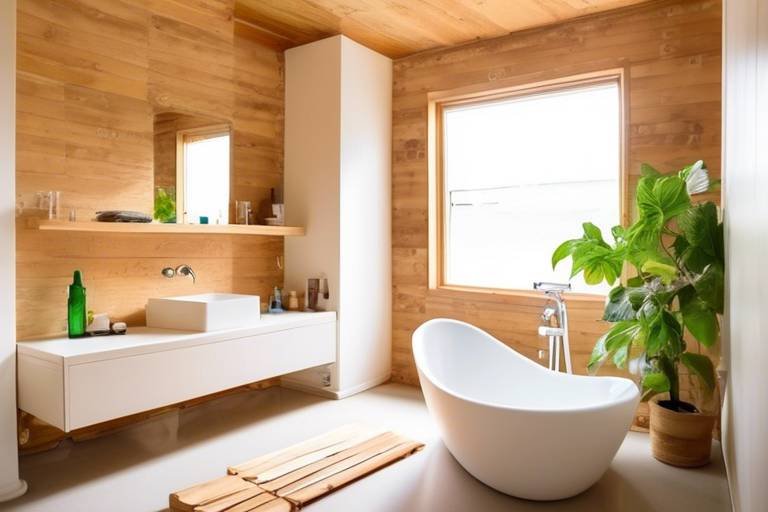Living Off the Grid - Is It Right for You?
Living off the grid is a lifestyle choice that offers a unique blend of freedom and challenges. It involves disconnecting from traditional public utilities like water, electricity, and gas, relying instead on self-sufficient and sustainable methods to meet your daily needs. But is this unconventional way of living the right fit for you?
Imagine waking up to the sound of nature instead of traffic, breathing in fresh air untainted by city smog, and feeling a deep sense of connection to the land around you. Living off the grid can provide a profound sense of independence and self-reliance, allowing you to live in harmony with nature and reduce your environmental footprint.
However, this lifestyle is not without its challenges. It requires a significant amount of planning, hard work, and dedication to maintain a comfortable standard of living without the conveniences of modern society. From sourcing your own water supply to generating electricity through renewable means, off-grid living demands a hands-on approach to daily tasks.
Before embarking on this journey, consider your values and goals. Are you willing to embrace a simpler way of life that prioritizes sustainability and self-sufficiency over convenience? Can you adapt to the unpredictability of off-grid living, where weather conditions and natural resources play a significant role in your daily routine?
Ultimately, the decision to live off the grid is a personal one that requires careful consideration of the benefits and challenges it entails. By exploring the key concepts and principles of off-grid living, you can determine if this lifestyle aligns with your values and aspirations for a more sustainable future.
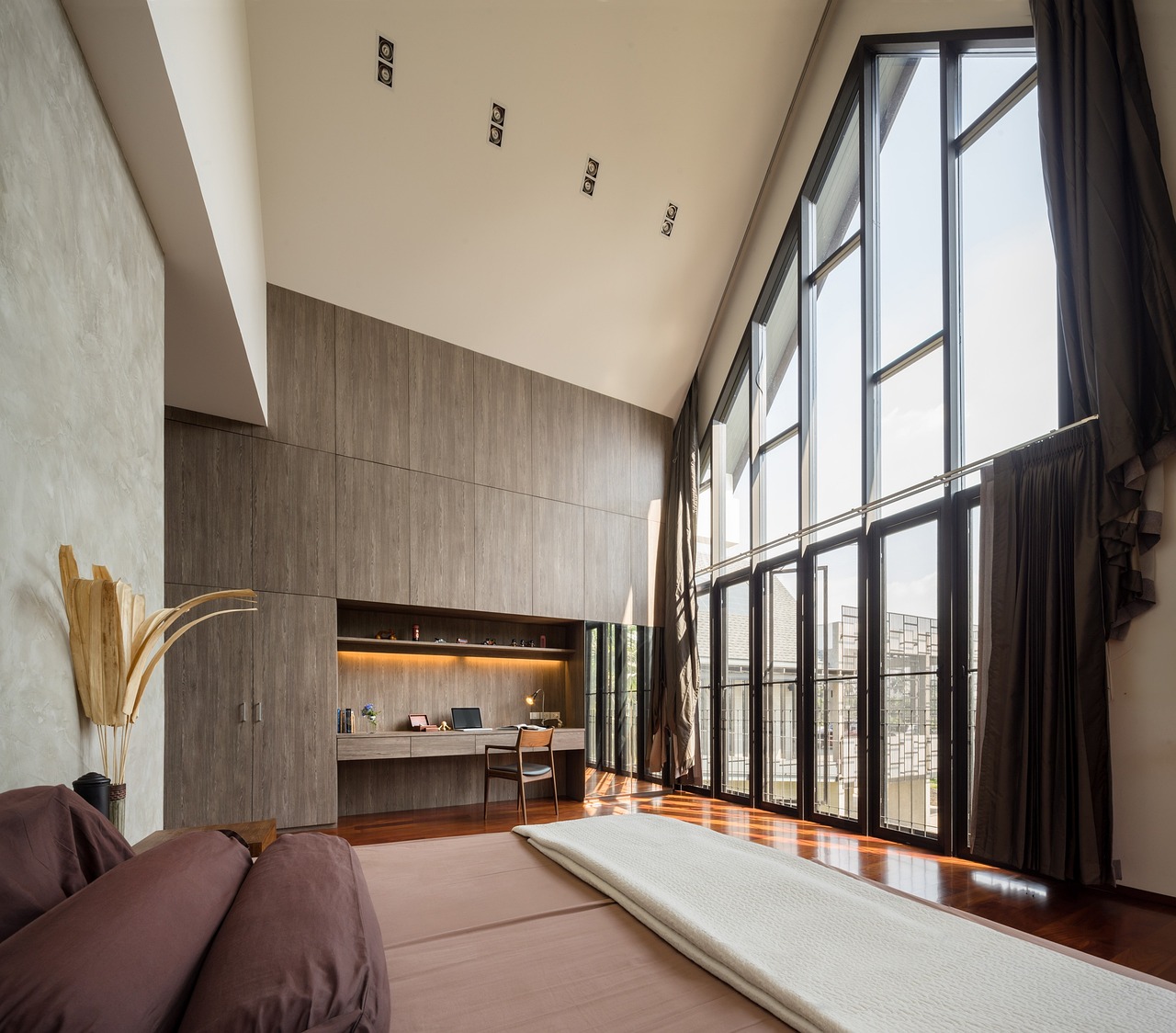
Understanding Off-Grid Living
Living off the grid is a lifestyle choice that involves being self-sufficient and independent from public utilities. It means generating your own power, growing your own food, and sourcing your own water, all without relying on traditional infrastructure. This way of living requires a deep understanding of sustainability and a commitment to reducing one's environmental impact.

Pros and Cons of Off-Grid Living
Living off the grid offers a unique lifestyle that appeals to those seeking independence and sustainability. However, like any lifestyle choice, it comes with its own set of pros and cons that should be carefully considered before making the leap. Let's delve into the advantages and disadvantages of off-grid living to help you determine if it's the right path for you.
One of the primary benefits of off-grid living is the environmental impact. By relying on renewable energy sources like solar and wind power, off-grid dwellers significantly reduce their carbon footprint and contribute to a more sustainable future. Additionally, living off the grid promotes a closer connection to nature, allowing individuals to appreciate and respect the natural world in a way that is often lost in urban environments.
On the flip side, one of the challenges of off-grid living is the potential isolation that comes with being disconnected from traditional communities and amenities. This lifestyle requires a certain level of self-sufficiency and adaptability, which may not be suitable for everyone. Moreover, managing limited resources such as water and electricity can be demanding and require careful planning and conservation efforts.
When weighing the pros and cons of off-grid living, it's essential to consider your personal values and priorities. Are you willing to trade convenience for sustainability? Do you value independence over connectivity? These are the questions that will ultimately guide your decision on whether living off the grid is the right choice for you.

Benefits of Self-Sufficiency
Exploring the lifestyle of living off the grid, including its benefits and challenges, to help you determine if it aligns with your values and goals.
Key concepts and principles of off-grid living, such as self-sufficiency, sustainability, and independence from public utilities.
Examining the advantages and disadvantages of living off the grid, from environmental benefits to potential isolation and limited resources.
Living off the grid offers a plethora of benefits, with self-sufficiency being a central theme. Imagine the satisfaction of growing your own fruits and vegetables, harnessing solar power for energy, and collecting rainwater for daily use. This level of self-reliance not only reduces your carbon footprint but also provides a sense of empowerment and connection to nature. By taking control of your basic needs, you can experience a newfound freedom that traditional urban living may not offer.
Discussing the difficulties of managing resources like water and electricity when living off the grid and strategies for overcoming them.
Exploring different types of off-grid homes, from tiny houses and earthships to cabins and converted vans, and their unique features.
Highlighting eco-friendly construction techniques and materials used in off-grid housing to minimize environmental impact.
Overview of renewable energy sources like solar, wind, and hydro power for off-grid living, including their costs and benefits.
Tips for reducing energy usage and maximizing efficiency in an off-grid home to ensure a reliable power supply.
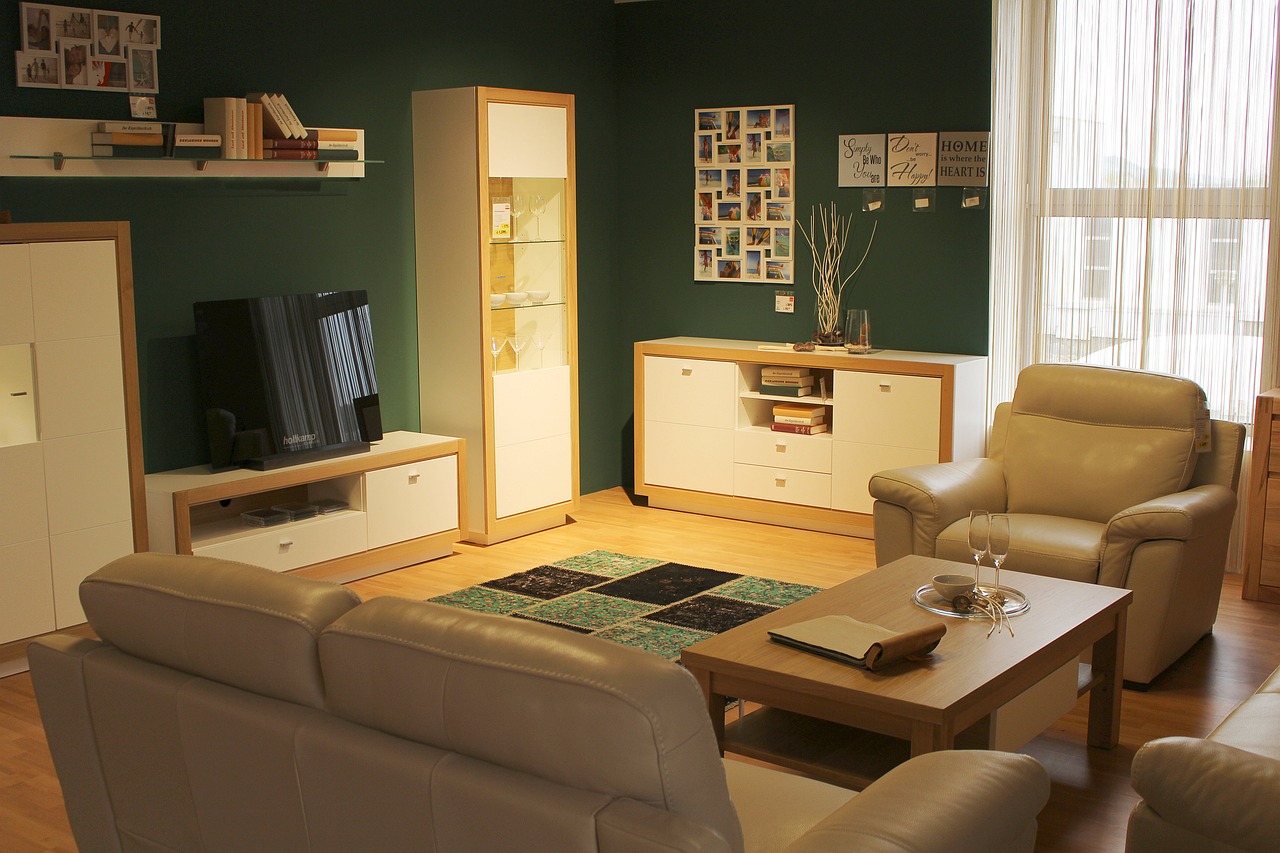
Challenges of Limited Resources
Living off the grid comes with its own set of challenges, particularly when it comes to managing limited resources. One of the primary challenges faced by off-grid dwellers is the scarcity of water and electricity. Unlike those connected to public utilities, off-grid individuals must rely on alternative sources and be mindful of their consumption.
Water management is crucial in off-grid living, as access to clean water can be limited. Off-grid residents often need to collect rainwater, dig wells, or utilize filtration systems to ensure a sustainable water supply. Conserving water becomes a daily practice, with individuals learning to use every drop efficiently.
Similarly, electricity poses a challenge in off-grid settings, as traditional power grids are not available. Off-grid dwellers typically rely on solar panels, wind turbines, or generators to generate electricity. Balancing energy production with consumption requires careful monitoring and adjustments to avoid running out of power.
Another aspect of limited resources is the need for efficient waste management. Off-grid individuals often practice composting, recycling, and reusing materials to minimize their environmental impact and make the most of available resources. Waste reduction strategies are essential to maintain a sustainable off-grid lifestyle.
In addition to physical resources, off-grid living can also present social challenges. Isolation and limited access to amenities can lead to feelings of loneliness and disconnection from the broader community. Building a support network and finding ways to stay connected with others are vital for mental and emotional well-being in off-grid environments.

Off-Grid Housing Options
When it comes to off-grid living, there is a wide array of housing options to choose from, each offering unique features and benefits. From tiny houses to earthships, cabins to converted vans, off-grid housing caters to a variety of preferences and lifestyles. These alternative dwellings are designed to minimize environmental impact while providing a self-sufficient and sustainable living space.
One popular choice for off-grid living is the tiny house movement, which focuses on compact, minimalist homes that are energy-efficient and affordable. These small dwellings are often built on wheels for mobility and can be customized to meet individual needs and preferences. Tiny houses are ideal for those looking to downsize and simplify their lives while reducing their carbon footprint.
Earthships are another innovative off-grid housing option that combines sustainable design principles with recycled materials to create environmentally friendly homes. These self-sustaining structures utilize natural resources like solar energy and rainwater harvesting to provide off-grid residents with all the necessary amenities for comfortable living.
Cabins offer a more traditional off-grid housing choice, providing a rustic and cozy retreat in remote locations. These sturdy structures are often built from locally sourced materials and blend harmoniously with the natural surroundings. Cabins are perfect for those seeking a quiet and secluded lifestyle away from the hustle and bustle of city living.
Converted vans have also gained popularity as off-grid housing solutions, offering a mobile and versatile living space for those with a sense of adventure. These compact homes on wheels allow individuals to travel and explore while still enjoying the comforts of a fully equipped living area. Converted vans are ideal for nomadic souls looking to embrace a life on the road without sacrificing modern conveniences.
When choosing an off-grid housing option, it's essential to consider factors such as location, climate, and personal preferences to find the perfect fit for your lifestyle. Whether you prefer the simplicity of a tiny house, the eco-friendliness of an earthship, the charm of a cabin, or the mobility of a converted van, off-grid living offers a range of housing options to suit every taste and need.
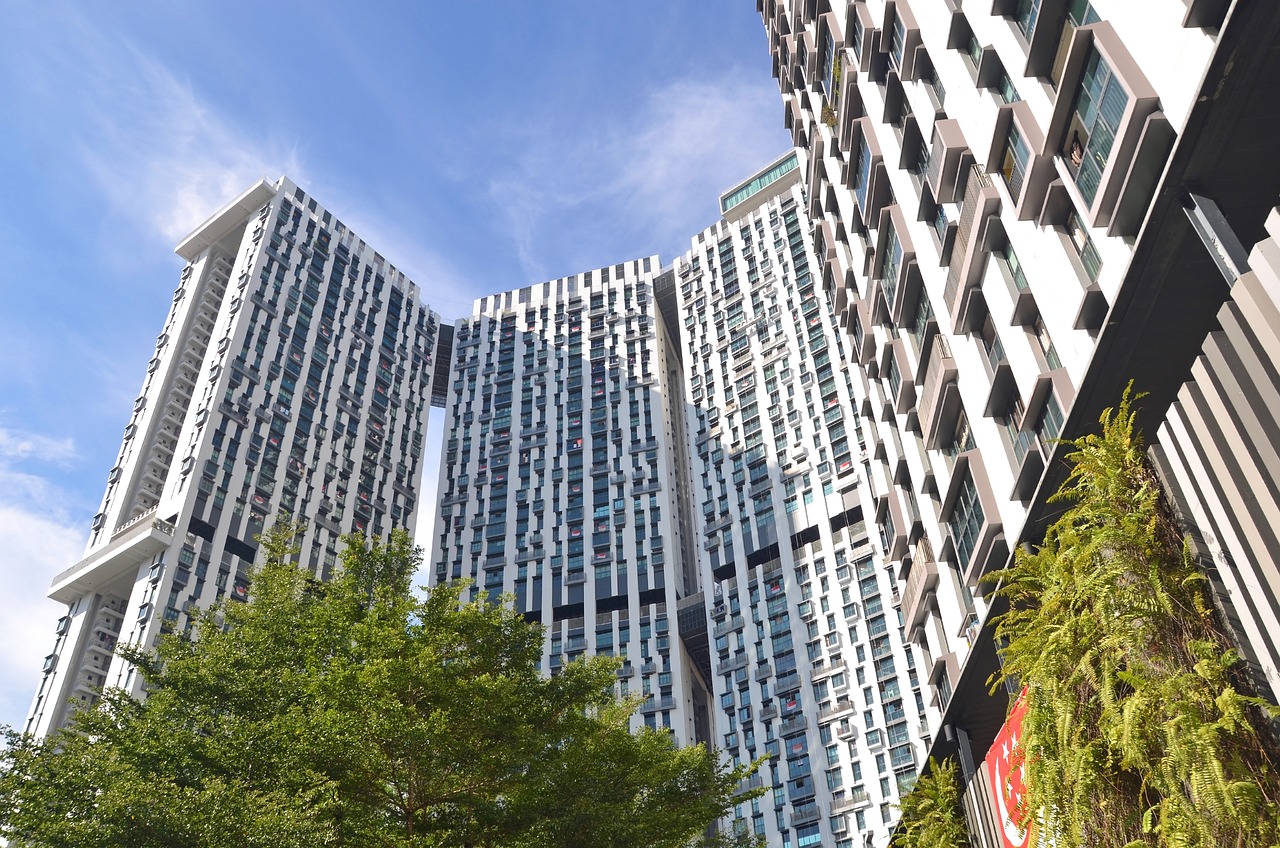
Sustainable Building Practices
When it comes to sustainable building practices in off-grid living, the focus is on utilizing eco-friendly construction techniques and materials that have minimal impact on the environment. These practices aim to reduce the carbon footprint of the building while promoting self-sufficiency and resilience.
One common sustainable building practice in off-grid housing is the use of recycled or reclaimed materials. By repurposing items like wood, metal, and glass, off-grid homeowners can reduce waste and lower the demand for new resources. This not only benefits the environment but also adds a unique character to the home.
Additionally, off-grid builders often prioritize energy efficiency in their designs. This includes incorporating features such as passive solar heating, proper insulation, and energy-efficient appliances to minimize energy consumption. By harnessing natural elements like sunlight for heating and cooling, off-grid homes can reduce their reliance on external energy sources.
Water conservation is another key aspect of sustainable building practices in off-grid living. Implementing systems like rainwater harvesting, greywater recycling, and water-efficient fixtures can help off-grid homeowners reduce their water usage and reliance on traditional water sources. This not only conserves a precious resource but also promotes self-sufficiency in water management.
Furthermore, sustainable building practices often involve using renewable energy sources to power off-grid homes. Solar panels, wind turbines, and hydroelectric systems can provide clean and reliable energy without relying on fossil fuels. By harnessing the power of nature, off-grid homeowners can reduce their environmental impact and enjoy greater energy independence.
In conclusion, sustainable building practices play a crucial role in off-grid living by promoting environmental stewardship, self-sufficiency, and resilience. By incorporating eco-friendly techniques and materials into their homes, off-grid enthusiasts can create sustainable living spaces that align with their values and goals.

Off-Grid Energy Solutions
When it comes to living off the grid, one of the key considerations is the energy solutions available to sustain a self-sufficient lifestyle. Off-grid energy solutions revolve around harnessing renewable sources like solar, wind, and hydro power to meet the energy needs of a home or property. These alternative energy sources provide a sustainable and environmentally friendly way to power off-grid living spaces.
Solar power is perhaps the most popular choice for off-grid energy solutions due to its reliability and accessibility. By installing solar panels on the roof of a home, individuals can harness the sun's energy to generate electricity for lighting, appliances, and other electrical needs. Additionally, solar power systems can be paired with battery storage to store excess energy for use during periods of low sunlight.
Wind power is another effective off-grid energy solution, especially in areas with consistent wind patterns. Wind turbines can be installed on the property to capture the kinetic energy of the wind and convert it into electricity. While wind power can be variable depending on weather conditions, it can complement solar power systems to provide a more reliable energy supply.
Hydro power, derived from flowing water sources like rivers or streams, is a renewable energy option for off-grid living, particularly for properties located near water bodies. Micro-hydro systems can be installed to generate electricity by harnessing the natural flow of water, offering a consistent energy source that is not dependent on weather conditions.
Each off-grid energy solution has its own benefits and considerations in terms of installation costs, maintenance requirements, and energy output. By combining multiple renewable energy sources and implementing energy-efficient practices, individuals living off the grid can create a resilient and sustainable energy system to power their lifestyle.
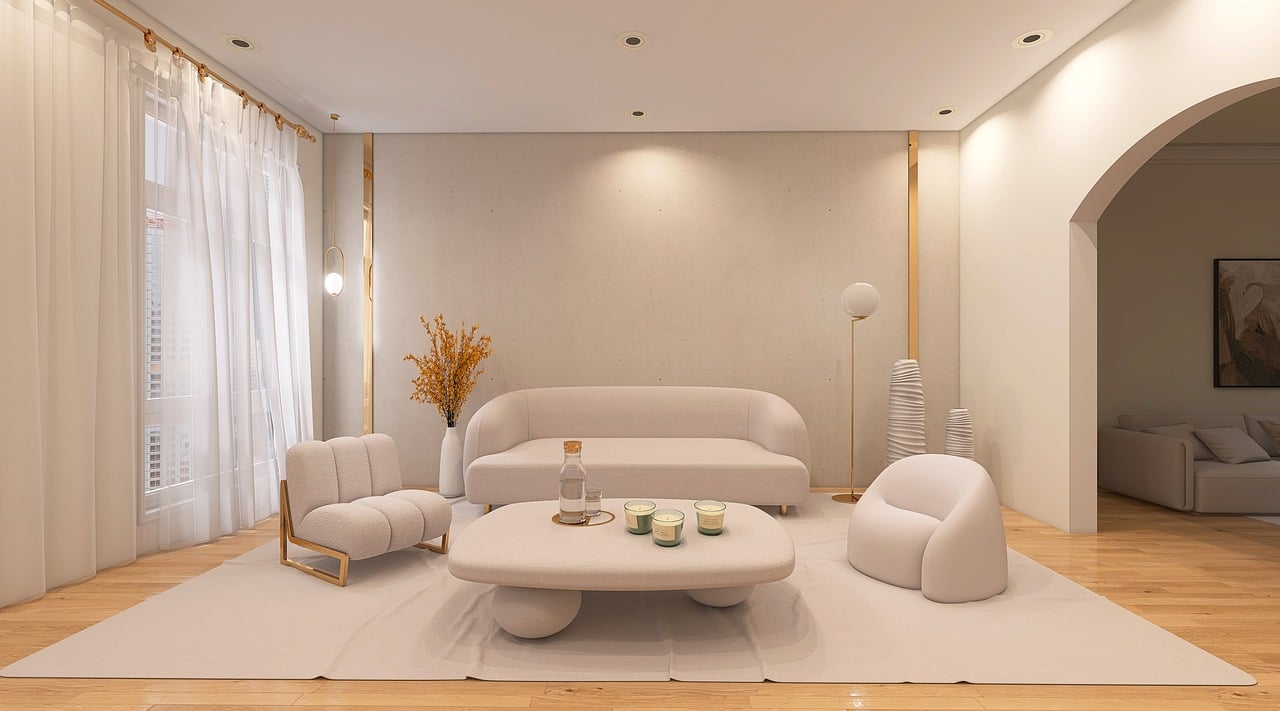
Managing Energy Consumption
When living off the grid, becomes a crucial aspect of maintaining a sustainable lifestyle. Without the luxury of unlimited power from public utilities, off-grid dwellers must be mindful of their energy usage to ensure a reliable power supply for their daily needs.
One effective strategy for managing energy consumption is to invest in energy-efficient appliances that consume less power without compromising functionality. These appliances are designed to optimize energy usage, helping to reduce overall electricity demand in an off-grid home.
Implementing smart home technology can also aid in managing energy consumption by allowing homeowners to monitor and control their energy usage remotely. Smart thermostats, lighting systems, and power outlets enable users to adjust settings based on real-time energy consumption data.
Another important consideration is maximizing natural lighting and ventilation in the home to reduce the reliance on artificial lighting and cooling systems. Designing living spaces with large windows, skylights, and cross ventilation can minimize the need for electricity during daylight hours.
Utilizing energy storage systems such as batteries or solar generators can help store excess energy generated from renewable sources for later use. This allows off-grid residents to access power during periods of low energy production, ensuring a consistent energy supply.
Furthermore, practicing energy conservation habits like turning off lights when not in use, unplugging electronics, and using energy-efficient light bulbs can significantly reduce energy consumption over time. Small changes in behavior can lead to substantial energy savings in the long run.
By combining multiple energy-saving techniques and adopting a conscious approach to energy usage, off-grid individuals can effectively manage their energy consumption and create a sustainable living environment that aligns with their values and goals.
Frequently Asked Questions
- What is off-grid living?
Off-grid living refers to a lifestyle where individuals or communities are self-sufficient and do not rely on public utilities such as electricity, water, or gas. It involves generating your own energy, growing your own food, and managing resources independently.
- What are the benefits of off-grid living?
Off-grid living offers benefits such as increased self-sufficiency, reduced environmental impact, and a closer connection to nature. It provides a sense of freedom, independence, and resilience in the face of external disruptions.
- What are the challenges of living off the grid?
Challenges of off-grid living include limited access to resources like water and electricity, potential isolation from urban conveniences, and the initial investment required to set up sustainable infrastructure. It also demands a significant lifestyle adjustment.
- What housing options are available for off-grid living?
Off-grid housing options range from tiny houses and earthships to cabins and converted vans. These structures are designed to maximize energy efficiency, use sustainable materials, and minimize environmental impact while providing comfortable living spaces.
- How can I generate energy off the grid?
Renewable energy sources like solar panels, wind turbines, and hydro systems are commonly used to generate power off the grid. These systems can be combined with energy storage solutions like batteries to ensure a reliable energy supply.
- Is off-grid living suitable for everyone?
Off-grid living is a personal choice that depends on individual preferences, lifestyle goals, and willingness to adapt to a more self-reliant way of life. It may not be suitable for everyone, but for those seeking independence and sustainability, it can be a fulfilling lifestyle.





